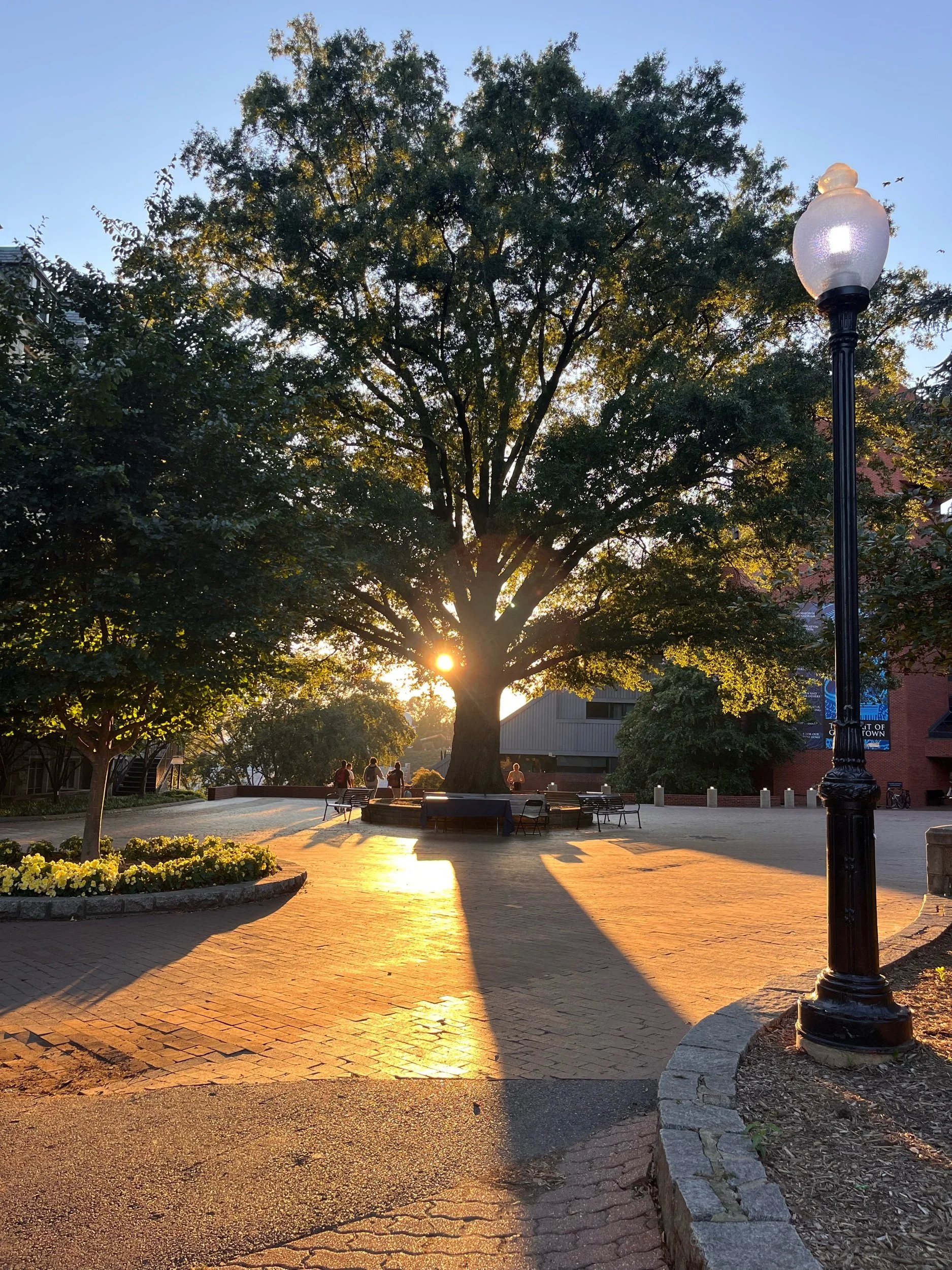In 1948, a tired and broken M.A. Jinnah — the founding father of Pakistan — died waiting for an ambulance in the bustling port city of Karachi. He had spent much of his final year convalescing from advanced tuberculosis in the rugged hinterlands of Balochistan, a region now in open revolt against the very state he forged. In hindsight, Jinnah’s retreat to Balochistan feels like a dark foreshadowing of Pakistan’s future. Today, as the country’s leaders attempt to crush Baloch and Pashtun resistance, they are losing — and losing badly.
Earlier this week, the Baloch Liberation Army captured an entire train full of 400 passengers as it traversed the desert mountain province. The Pakistani Army is at a loss. It has bombed their cave fortresses, opened fire and tortured innocent civilians, and put the entirety of the Baloch people under siege for over a decade, and yet it still has not prevailed in its war of conquest. Pakistan’s Punjabi overlords are stymied, as their racist assumptions about the Baloch and Pashtuns are seemingly disproven by their latters’ unflinching devotion to their cause: Outright Independence from Pakistan.
In what has been described by activists as the Baloch Genocide, thousands of Baloch civil society leaders, intellectuals, community activists and educators have been kidnapped and or disappeared by the Pakistani army over the past two decades. Countless more Baloch women have been subject to rape, a hallmark of Pakistani military conduct: the army carried out tens of thousands of rapes as part of its previous genocide in today’s Bangladesh.. The conflict remains one of the least reported upon in the world, in partly because of the effective news media blackout spearheaded by the Pakistani ruling establishment, and partly because geopolitics concerning the region require heightened tact, in order to avoid the break up of the highly unstable Pakistani nuclear state. Simply put: no one wants a Punjabi-made dirty bomb detonating in a civillian center half-way around the world. Ensuring that Pakistan (no matter how artificial its boundaries are) remains unified is the best insurance against that horrific scenario ever happening.
Who are the Baloch?
The first question often asked in any conflict anywhere in the world is: who are the belligerents? Pakistan, which previously played host to Osama Bin Laden, is on one side of the conflict. It's massive army, which has never won a war in its history, is nuclear armed, and has a gobsmacking history of supporting bad guys, including the Taliban, terrorists, and religious extremists.
On the other side of the conflict, are the Baloch people. The Baloch are a historically nomadic and pastoral people of Indo-Aryan ancestry who inhabit a mountainous desert border region that is split today equally between Pakistan, Afghanistan and Iran. The Baloch have in the past sworn fealty to Iranian, Afghan and Indian rulers or been considered to inhabit a neutral zone whose sovereignty was their own with few strings attached.
Before Partition, the Baloch were not technically part of British India, and were ruled by local chieftains, known as Sardars, who swore fealty to the British crown in exchange to self-autonomy. The British also often paid off Baloch tribes in an effort to deter raiding and armed incursions into British India. Generally speaking, the colonial government of the Raj did its best to not anger or entice the Baloch, as they are remarkably good fighters, and are so fiercely independent that the militant American outfit called the “Proud Boys” look like they belong off the set of Robin Hood: Men in Tights by comparison.
Baloch cuisine is very distinct from the rest of Pakistan, with clear and vibrant Afghan and Persian influences (such as the use of Pomegranate syrup, and the preference for lamb dishes over chicken or beef - the latter being heavily emphasized across Pakistan as a way to distinguish dishes from Indian influence).
Their language, Balochi is far older than Pakistan’s lingua franca, Urdu. Urdu came into being from a dialect of corrupted Persian in the the Delhi Sultanate a few hundred years ago, and was popularized by the British in an effort to prevent Indians from reading their own history (Persian was the official language of Mughal India), and thereby crush Indian nationalism. Balochi is over 1,000 years old, and has never had much court patronage in order to become the default tongue of its people—its therefore far more authentic a tongue for the Baloch than the foreign-imposed Urdu favored in Lahore and Islamabad.
The Baloch are 99% Muslim, and have been for at least 1,100 years. There are roughly 11 million Baloch in Pakistan today.
As mentioned earlier, the Baloch are an extraordinarily independent people. They don’t bother to mince words when they explain that, while they are proud Muslims, Baloch never felt the level of resentment or maniacal fixation that Eastern Pakistanis (residents of the Punjab and Sindh provinces) have concerning India or Hindus.
Many Pashtun and Baloch intellectuals state that they believe the animosity is part because of the insecurity of Eastern Pakistani elites, whose ancestors likely converted only a few hundred years ago to Islam for tax benefit reasons, whereas the Baloch have been Muslims for centuries. There is some truth to the claim; many Pakistani elite families have highly Hinduized cultural customs like casteism, forcing a bride to pay a dowry to her husband’s family, and a fanatical sense of ownership over women’s bodies—all of which are illegal and banned under Islamic law. That being said, mysoginy and rigid social hierarchy are endemic across Asia, despite Islam’s proscriptions.
Baluch elders and activists argue that their leaders were told upon its creation that Pakistan would be a decentralized, loose confederation, where local customs and norms would be respected. Some claim M.A. Jinnah, the populist and secular founder of Pakistan, promised that Balochistan would have a separate currency and constitution. None of those conditions were ever fulfilled in any case, and Baloch tribal leaders and their militias have gone into and out of rebellion against the Pakistani state since 1949.
Pakistan’s rulers, both army and civilian, have often responded with brutality and fanatical lethality. Some, like the now-assassinated Benazir Bhutto and Liaqat Ali Khan, and the now-imprisoned Imran Khan, have tried hearts and minds campaigns designed to woo the Baloch into the idea of Pakistan. All three were broadly resented by Punjabi elites in particular for this reason.
The Baloch are a hardy people, and their tribal elites often intermarry with their neighbors, the Pashuns. While intermarriage with Punjabis was not so uncommon previously, there is a unspoken ban against the custom today, largely out of solidarity with the rebellion.
Below, I offer as best I can a historically accurate timeline of the ongoing Baloch Rebellion.
The Timeline of the Current Baloch Rebellion in Pakistan: How Injustice Fueled an Independence Movement
The ongoing Baloch Rebellion is not just an armed insurgency — it is the manifestation of deep, historical grievances over injustice, exploitation, and domination by Pakistan’s Punjabi elite, which has left the rest of the country in ruin. While the rebellion’s roots stretch back to the early days of Pakistan’s formation, its current and most violent phase can be traced directly to the brutal assassination of Nawab Akbar Bugti, a respected statesman and tribal leader forced into rebellion when the state turned its back on his people.
Who Was Nawab Akbar Bugti? From Loyal Pakistani to Rebel Leader
Before being cast as a "rebel," Nawab Akbar Bugti was a staunch Pakistani nationalist — a former Chief Minister and Governor of Balochistan, and a member of the political establishment. Educated in Lahore, Bugti came from a tribe historically aligned with the Pakistani state.
However, his faith in Pakistan was shattered by a single, harrowing event:
In 2005, Dr. Shazia Khalid, a Baloch woman doctor working at the Sui Gas plant, was raped — allegedly by a Pakistani Army officer. Rather than delivering justice, the Army shielded the accused officer, refused to conduct a court-martial, and attempted to silence Shazia through intimidation and house arrest.
As the tribal chief and a national figure, Bugti demanded justice. When the Army ignored him, he took up arms — seeing no other way to defend the dignity of Baloch people.
The Extrajudicial Killing of Akbar Bugti: The Spark That Lit the Fire
In August 2006, General Pervez Musharraf, then military ruler of Pakistan, ordered a military operation to kill Bugti in his mountain hideout, despite no trial, no charges, and no warrant.
Bugti was assassinated by Pakistan’s military, a decision widely condemned as extrajudicial murder. When I met Musharraf after his fall from power, we didn’t have a chance to talk about his role in killing the Baloch statesman. Musharraf would later brag about the killing to others though, and many recognized this as a fatal error that united Baloch factions and ignited the current insurgency — now the fifth and most violent wave since 1948.
Timeline of the Current Baloch Rebellion (2006–Present)
2006–2010: The Insurgency Ignites
Following Bugti's death, groups like the Balochistan Liberation Army (BLA), Baloch Liberation Front (BLF), and Baloch Republican Army (BRA) escalate attacks on security forces, government installations, and gas pipelines.
Meanwhile, Pakistani forces respond with brutal crackdowns, enforced disappearances, and "kill-and-dump" tactics, leaving tortured bodies to terrorize communities.
2011–2015: CPEC and the Rising Stakes
As Pakistan launches the China-Pakistan Economic Corridor (CPEC), Baloch fighters target Chinese workers and projects, seeing them as a new form of colonial exploitation.
2016–2019: Regional and International Dimensions
In 2016, Pakistan accuses India of supporting Baloch militants after capturing Kulbhushan Jadhav, an alleged Indian spy. India denies involvement but raises human rights concerns over Balochistan.
In 2019, the BLA attacks the Pearl Continental Hotel in Gwadar, a centerpiece of CPEC, sending a warning to foreign investors.
2020–2023: Escalation and New Alliances
In 2020, insurgent groups form Baloch Raji Aajoi Sangar (BRAS) to coordinate attacks.
Reports emerge of coordination with Sindhi separatists and possible tactical links to Tehrik-i-Taliban Pakistan (TTP), though their ideologies differ.
Attacks expand to military camps, Chinese engineers, and government installations.
2024–2025: A Widening War
In 2024, intensified attacks hit CPEC projects and Pakistani security forces, while border clashes with Iran escalate — as both countries accuse each other of harboring Baloch militants. See coverage on this from France 24.
As of early 2025, Balochistan is effectively a war zone, with no political solution in sight save for outright independence, which would undoubtedly spell the dissolution of Pakistan itself. That outcome is not sought by or seen as desirable by any other community within the Pakistani confederation today.
Punjabi Elite Overlordship: The Root of Pakistan’s Problems
At the core of this conflict — and Pakistan’s wider collapse — is Punjabi elite dominance:
Punjab’s military and bureaucratic establishment controls Pakistan’s resources and political system, treating other provinces like colonies.
Balochistan, Sindh, and Khyber Pakhtunkhwa have been stripped of wealth and autonomy for decades to benefit wealthy Punjabi elites largely in the city of Lahore (and to a degree the capital Islamabad). Pakistan’s army, the sole unifying institution of the country, has also become less diverse with ethnic Pashtuns and Sindhis dwindling in its officer corps and enlisted ranks in the past decade.
The seaport of Gwadar (located in Balochistan) and the gas fields in Sui (also Balochistan) enrich Lahore and elite-owned corporations based in Punjab, while many Baloch communities live in mind-bloggling poverty. Although Punjabi elites will dispute this characterization (with some merit), the reality is remains that the perception of the Baloch is that they are being deliberately kept in poverty for the benefit of wealthy Punjabis basking in the tony neighborhoods that dot Lahore.
Ultimately, the epic refusal to deliver justice for Shazia Khalid and the murder of Akbar Bugti are symbols of Punjabi imperialism in the eyes of the Baloch people, and signify in their mind exactly why remaining in the Jinnah State is problematic and unacceptable.
Justice Is the Only Path to Peace
The Baloch Rebellion will not end by force. Unless Pakistan delivers:
Justice for Dr. Shazia Khalid.
Accountability for Nawab Akbar Bugti’s assassination.
A real political settlement granting Balochistan autonomy and control over its resources.
The rebellion will continue — and likely spread. If Pakistan’s ruling elite refuse to face these realities, they risks not only losing Balochistan, but likely the whole country.
Further Reading:






















